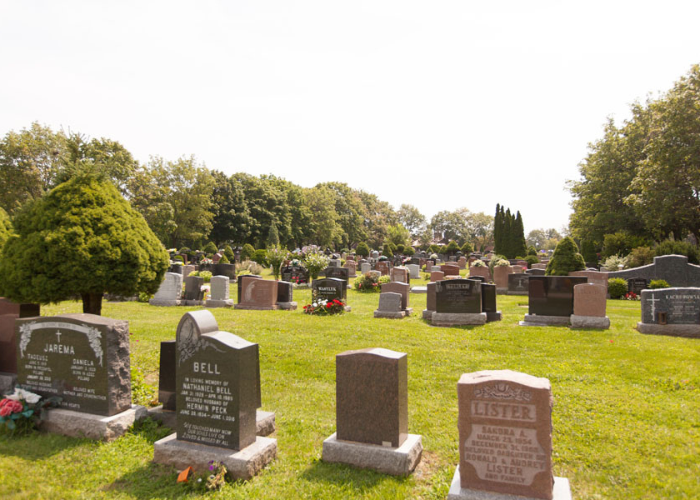Cremation
- What is cremation? Cremation is the process of reducing human remains to bone fragments using intense heat, typically exceeding 1400°F (760°C).
- What are the benefits of cremation? Cremation offers several advantages:
- Cost: Cremation is generally less expensive than traditional burial, as it eliminates the need for a casket, burial plot, and embalming (in most cases).
- Space: Cremation requires significantly less space than traditional burial, making it a suitable option in areas with limited cemetery space.
- Flexibility: Cremated remains can be kept in an urn, buried in a cemetery plot, scattered in a designated location, or incorporated into memorial jewelry.
- What happens during cremation? The deceased is placed in a cremation container, typically made of combustible materials like cardboard or wood. The container is then placed into a cremation chamber, where it is exposed to high temperatures for several hours. After the cremation process is complete, the remaining bone fragments are pulverized into a fine powder, known as cremated remains or ashes.
- What can I do with cremated remains? You have a variety of options for cremated remains:
- Urn placement: Cremated remains can be placed in a decorative urn for display in a home, columbarium niche, or mausoleum crypt.
- Burial: Many cemeteries offer cremation plots specifically designated for urn burials. These plots can be marked with a headstone or marker.
- Scattering: With proper permits and following local regulations, ashes can be scattered in a designated scattering garden within a cemetery or another meaningful location.
- Keepsakes: A small portion of cremated remains can be incorporated into memorial jewelry or keepsakes.
Crematoriums
- What is a crematorium? A crematorium is a specialized facility equipped with cremation chambers, processing equipment, and designated areas for handling and storing deceased remains.
- Who can use a crematorium? Anyone can arrange cremation services through a funeral home. Funeral homes typically partner with crematoriums to ensure proper handling and legal compliance during the cremation process.
- What happens at a crematorium? The crematory staff securely receives the deceased from the funeral home. They verify identification and ensure all legal documentation is in order. The cremation process is then performed according to strict protocols and environmental regulations. Once complete, the cremated remains are pulverized and returned to the funeral home in a secure container.
- Can I tour a crematorium? Some crematoriums offer tours for families who wish to familiarize themselves with their facilities and procedures. These tours can provide peace of mind by ensuring transparency and professionalism in the cremation process.
- What questions should I ask a crematorium? Here are some key questions to consider:
- Are you licensed and regulated by the state?
- Can you explain your cremation process in detail?
- Do you offer witness cremations (where family members can be present during the cremation)?
- What security measures do you have in place?
- What identification procedures do you follow?
Cemeteries
- What is a cemetery? A cemetery is a designated burial ground for human remains. Cemeteries can be public or private, religious or non-denominational, and may offer a variety of burial options and amenities.
- What types of burials do cemeteries offer? Cemeteries typically offer a variety of burial options, including:
- Traditional in-ground burial: This is the most common option, where a casket containing the deceased is buried in a designated plot.
- Mausoleum crypts: Mausoleums are above-ground structures with individual crypts for casket entombment.
- Cremation plots: Many cemeteries offer designated areas for urn burials, with options for companion plots allowing for future placement of additional urns.
- How do I choose a cemetery plot? Choosing a cemetery plot involves several factors:
- Location: Consider the cemetery’s proximity to your family and desired accessibility.
- Plot size: Decide on the size of the plot based on your needs (single or companion burial).
- Available amenities: Some cemeteries offer features like mausoleums, scattering gardens, or on-site chapels.
- Perpetual care fees: These fees ensure the ongoing maintenance of the cemetery grounds.
Can I be buried in a cemetery if I am cremated? Yes, absolutely. Many cemeteries offer cremation plots specifically designated for urn burials.


